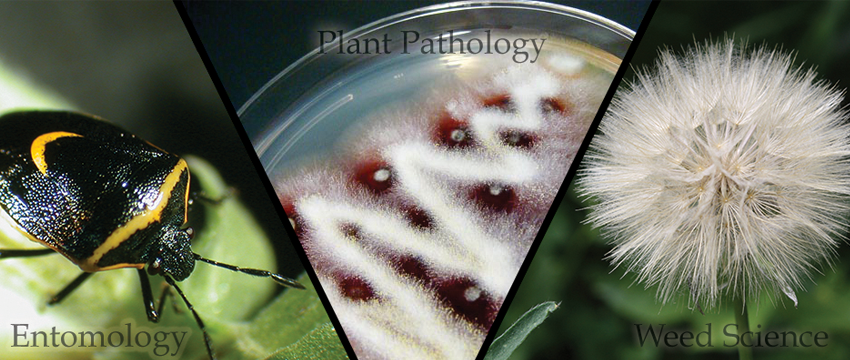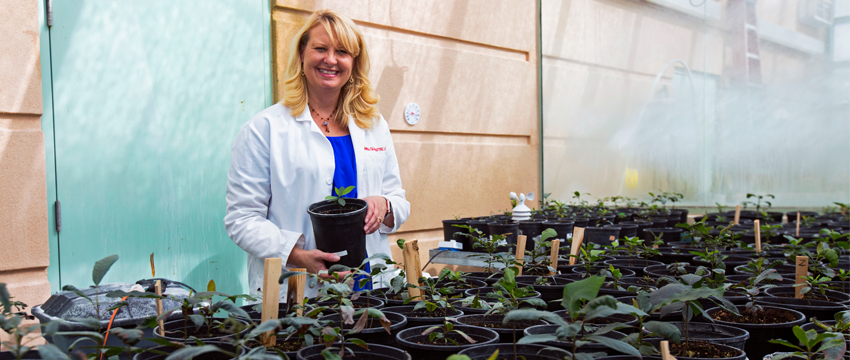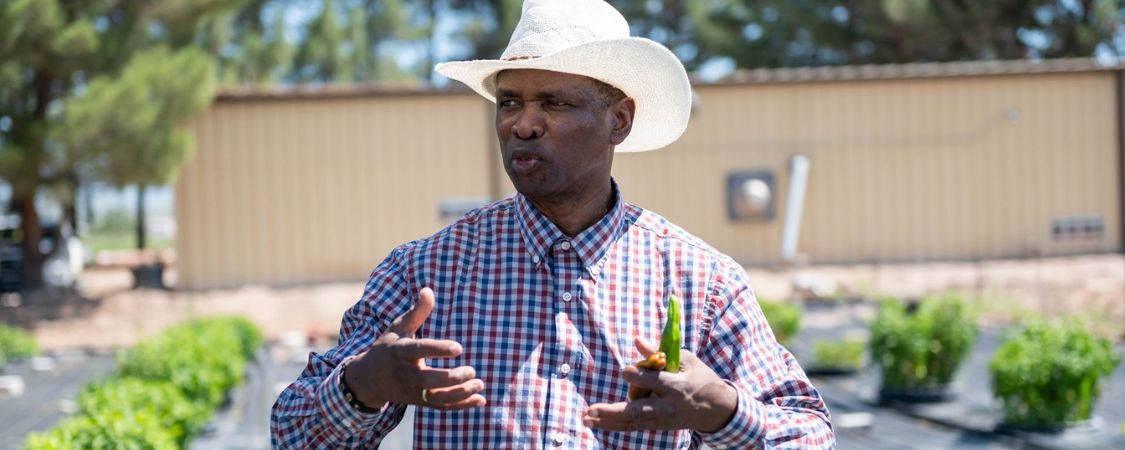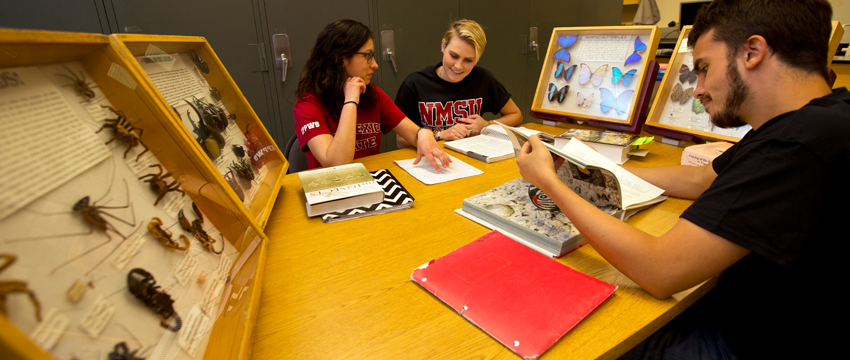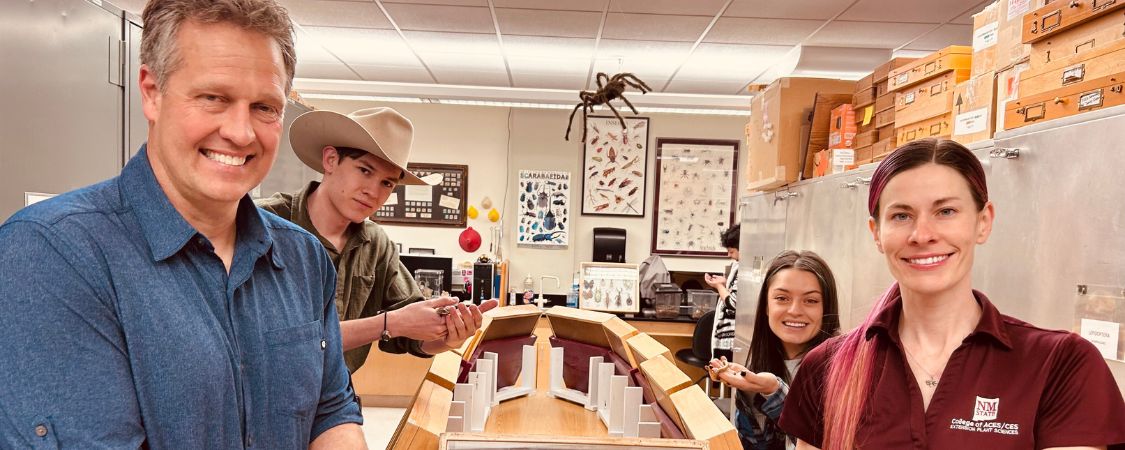Welcome to Entomology, Plant Pathology, and Weed Science!
The Entomology, Plant Pathology, and Weed Science department is a multi-disciplinary group of scientists and teachers whose mission is to provide academic instruction, research and service that focuses on managing harmful organisms and conserving beneficial species in semi-arid ecosystems. The department’s integrated and applied biology approach emphasizes problem-solving in its teaching and research to address current and emerging issues in plant and animal health and protection, using tools from molecular to landscape scales. The strength of the department is the interaction of these disciplines in understanding the biology of pest organisms, their interactions, and how harmful and beneficial species impact urban, agricultural and natural resources.
We offer an undergraduate major in Agricultural Biology with five options which provide students with the opportunity to pursue advanced degrees in the sciences or prepare for admittance to professional schools (medical, dental, veterinary, etc.). Our department hosts the undergraduate major in General Agriculture, providing a flexible interdisciplinary degree with other ACES departments. We also offer graduate degrees in Agricultural Biology (M.S.) and Applied and Agricultural Biology (Ph.D.).
Entomology
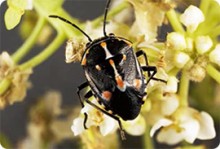
Plant Pathology
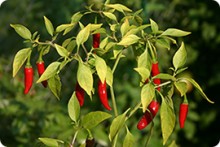
Weed Science
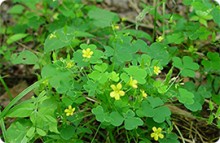
Contact Us
Department of Entomology, Plant Pathology & Weed Science
MSC 3BE
Skeen Hall Room N141
New Mexico State University
Las Cruces, NM 88003-8003
Phone: (575) 646-3225
Fax: (575) 646-8087
Email: eppwsdep@nmsu.edu
